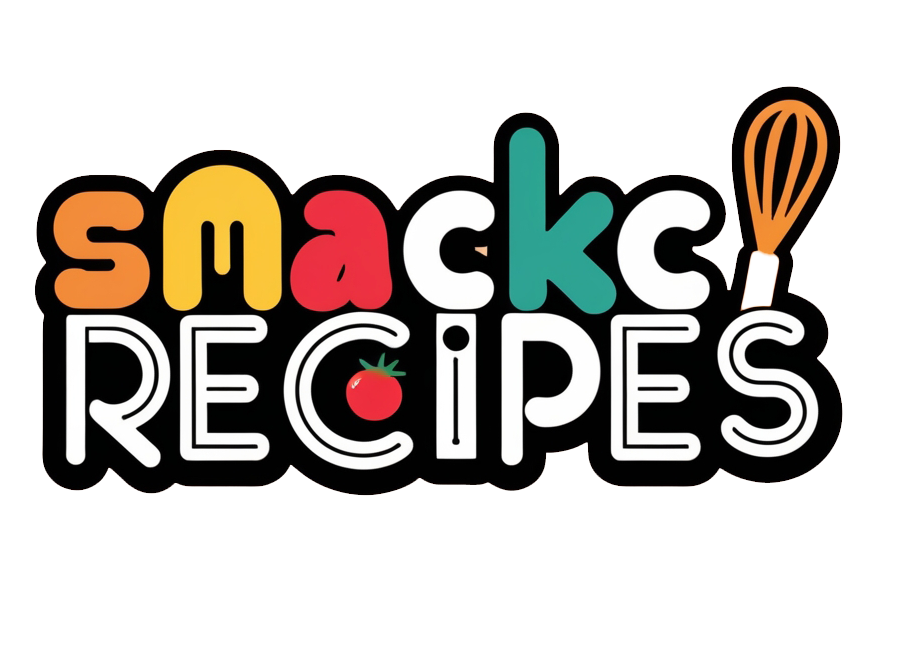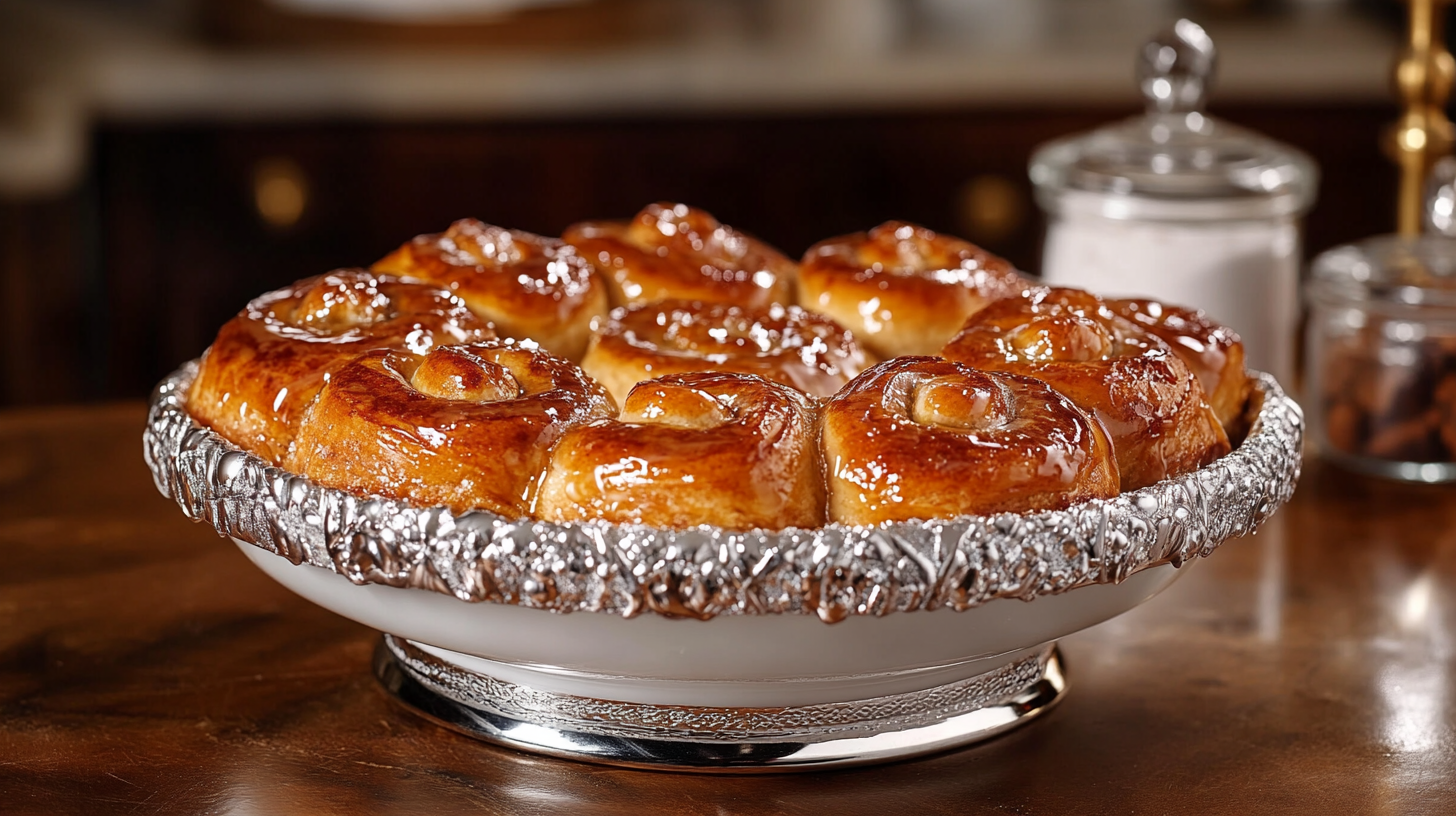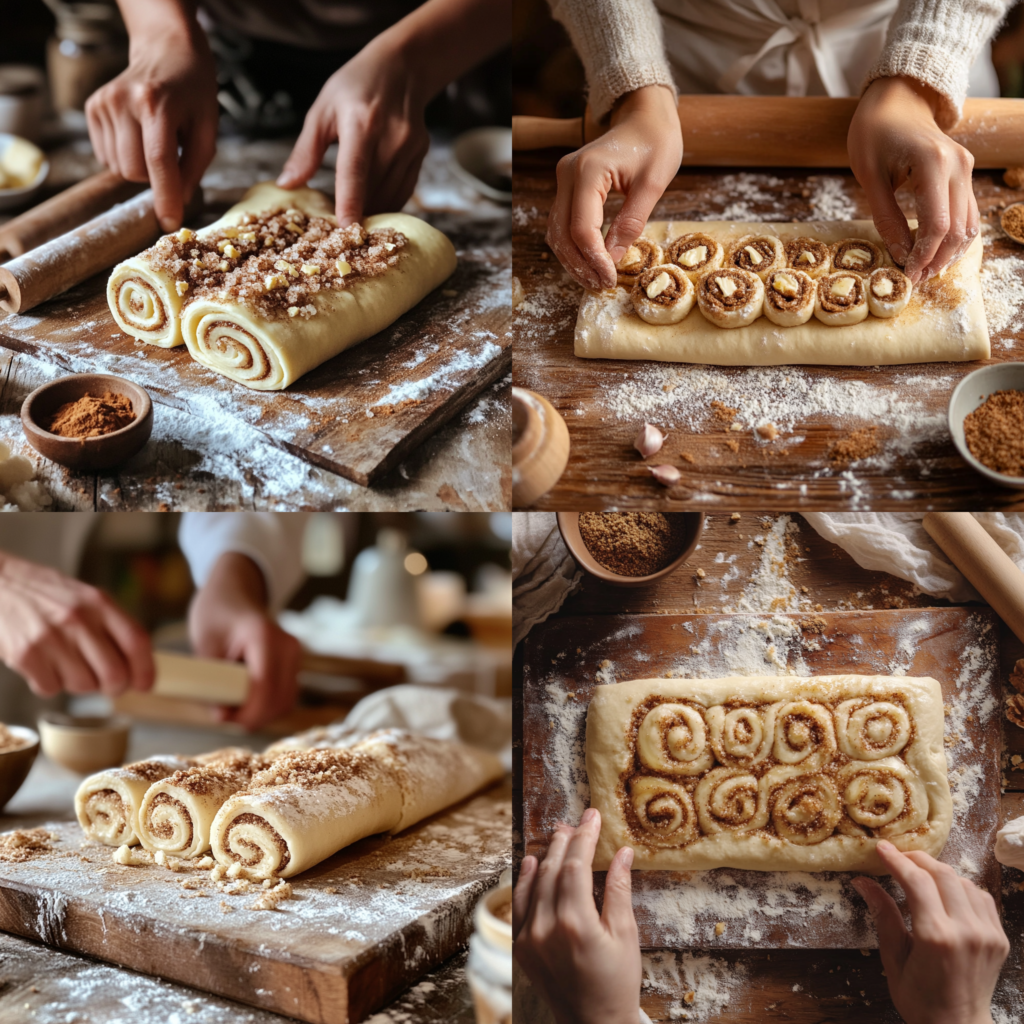Introduction to Homemade Cinnamon Rolls
Homemade Cinnamon Rolls are one of the most beloved baked goods, celebrated for their tender, fluffy texture and sweet cinnamon-spiced filling. Unlike store-bought options, these rolls are completely customizable, allowing you to control the ingredients, flavor, and texture. By making them from scratch, you also ensure they are fresh and free of preservatives.
The process of making Homemade Cinnamon Rolls is not only rewarding but also surprisingly simple when broken into manageable steps. Whether you’re serving them at a weekend brunch, as a dessert, or during the holidays, these warm, gooey pastries are guaranteed to impress.
Moreover, preparing Homemade Cinnamon Rolls at home lets you experiment with different fillings, glazes, and shapes. This versatility makes them an excellent choice for both beginners and experienced bakers. If you’re looking for a recipe that brings comfort and joy to your table, this is the perfect one to try.
Ingredients for Homemade Cinnamon Rolls
Making the perfect Homemade Cinnamon Rolls starts with gathering the right ingredients. Each component contributes to the rolls’ texture, flavor, and aroma. Using fresh and high-quality ingredients will significantly improve the end result. Here’s what you’ll need:
Dough Ingredients:
The dough forms the base of the rolls and must be soft yet sturdy enough to hold the filling.
- All-purpose flour: This versatile flour gives the dough structure and elasticity.
- Granulated sugar: Adds just the right amount of sweetness to the dough.
- Salt: Enhances flavor and balances the sweetness.
- Active dry yeast: Ensures the dough rises properly and achieves its soft, fluffy texture.
- Milk: Warm milk not only activates the yeast but also adds richness.
- Butter: Provides moisture and a buttery flavor, making the dough tender.
- Eggs: Improve the dough’s structure and help create a smooth, pliable consistency.
Filling Ingredients:
The filling is where the iconic cinnamon flavor comes through. This layer should be rich, sweet, and aromatic.
- Brown sugar: Its molasses content adds depth and a caramel-like sweetness.
- Ground cinnamon: A key ingredient that gives the rolls their signature flavor.
- Softened butter: Acts as a base for the filling, helping the sugar and cinnamon stick to the dough.
Glaze Ingredients:
The glaze is the final touch that takes the rolls to the next level. A smooth, sweet glaze balances the spiced filling.
- Powdered sugar: Creates a silky glaze that coats the rolls perfectly.
- Milk or heavy cream: Determines the thickness and consistency of the glaze.
- Vanilla extract: Adds a rich, aromatic flavor to the topping.
Tip: For variations, you can substitute brown sugar with coconut sugar or add cream cheese to the glaze for a tangy twist.
Tools Needed for Preparation
Having the correct tools simplifies the process of making Homemade Cinnamon Rolls and ensures the best results. Here’s a comprehensive list of essential tools:
- Mixing bowls: Multiple bowls of various sizes are useful for preparing the dough, filling, and glaze.
- Measuring cups and spoons: Accuracy is key in baking, so precise measurements are essential.
- Stand mixer with a dough hook: Speeds up the kneading process and helps achieve a smooth dough.
- Rolling pin: Allows you to roll out the dough evenly, ensuring uniform thickness.
- Pastry brush: Makes it easy to spread melted butter over the dough.
- Sharp knife or dental floss: For cleanly cutting the rolls without squishing them.
- Baking dish: A sturdy dish ensures even baking and helps the rolls rise properly.
- Parchment paper: Prevents sticking and makes cleanup a breeze.
While these tools are recommended, you can still achieve great results with basic kitchen equipment and a bit of creativity.
Step-by-Step Guide to Making Homemade Cinnamon Rolls
Making Homemade Cinnamon Rolls is a straightforward process when broken into clear steps. By following this guide, you’ll end up with soft, gooey rolls that taste better than any store-bought version.
Preparing the Homemade Cinnamon Rolls
- Activate the yeast:
- Warm the milk to about 110°F and mix in the yeast with a teaspoon of sugar. Let it sit for 5–10 minutes until frothy. This step ensures your yeast is active and ready to leaven the dough.
- Mix the dough:
- Combine flour, sugar, and salt in a mixing bowl. Add the activated yeast mixture, eggs, and melted butter. Stir until the mixture forms a sticky dough.
- Knead the dough:
- Transfer the dough to a floured surface and knead for about 8–10 minutes. Alternatively, use a stand mixer with a dough hook for faster results. Proper kneading ensures the dough is elastic and smooth.
- First rise:
- Place the dough in a greased bowl, cover with a damp towel, and let it rise in a warm spot for 1–2 hours. It should double in size.
Assembling the Homemade Cinnamon Rolls
- Roll out the dough:
- Once the dough has risen, roll it into a large rectangle, approximately ¼ inch thick. Aim for even thickness to ensure uniform baking.
- Prepare the filling:
- Mix brown sugar and cinnamon in a small bowl. Spread softened butter over the rolled-out dough, ensuring even coverage. Sprinkle the sugar-cinnamon mixture over the buttered dough.
- Shape the rolls:
- Roll the dough tightly into a log, starting from one of the long edges. Use a sharp knife or unflavored dental floss to cut the log into even slices, about 1–1.5 inches thick.
- Second rise:
- Arrange the rolls in a greased baking dish, leaving a little space between each one. Cover and let them rise for 30–45 minutes.
- Bake:
- Preheat your oven to 350°F and bake the rolls for 20–25 minutes, or until golden brown. Avoid overbaking to keep the rolls soft.
Serving Suggestions
Homemade Cinnamon Rolls are best enjoyed warm, fresh from the oven. However, they can be served in various ways depending on the occasion:
- Drizzle them with a generous layer of glaze while still warm for a melt-in-your-mouth experience.
- Pair them with fresh fruit, such as berries or orange slices, for a balanced breakfast.
- For an indulgent dessert, serve with a scoop of vanilla ice cream.
These versatile rolls can also be reheated and enjoyed as an afternoon snack or late-night treat.
“FAQs About Cinnamon Rolls: Secrets, Ingredients, and Best Practices”
What is the secret ingredient in Cinnabon?
The secret ingredient in Cinnabon’s famous cinnamon rolls is Makara cinnamon, a unique variety of cinnamon sourced from Indonesia. This cinnamon has a distinctively rich and sweet flavor, which sets their rolls apart from others. While it may not always be available in grocery stores, high-quality ground cinnamon can serve as a good substitute when making Homemade Cinnamon Rolls. Additionally, their use of cream cheese frosting enhances the overall indulgent taste.
What are the main ingredients for cinnamon rolls?
The key ingredients for Homemade Cinnamon Rolls include:
- For the dough:
- All-purpose flour, granulated sugar, salt, active dry yeast, milk, butter, and eggs.
- For the filling:
- Brown sugar, ground cinnamon, and softened butter.
- For the glaze:
- Powdered sugar, milk (or cream), and vanilla extract.
These ingredients work together to create the perfect balance of sweetness, softness, and spiced flavor in each bite.
Which flour is best for cinnamon rolls?
The best flour for Homemade Cinnamon Rolls is all-purpose flour, as it provides the right balance of structure and softness. However, for a slightly chewier texture, you can use bread flour, which has a higher protein content. If you’re looking for a healthier alternative, consider using whole wheat flour, though this may result in a denser roll. Regardless of the flour type, make sure it is fresh and measured accurately to achieve consistent results.
What’s the difference between a cinnamon bun and a cinnamon roll?
The main difference between cinnamon buns and cinnamon rolls lies in their preparation and topping.
- Cinnamon rolls are typically topped with a glaze or cream cheese frosting after baking. They are soft, fluffy, and focus on the gooey center and sweet glaze.
- Cinnamon buns are baked with a caramelized topping, often made from butter and brown sugar, which creates a sticky layer. They sometimes include nuts, such as pecans, in the topping for added texture.
Both are delicious, but Homemade Cinnamon Rolls are often preferred for their creamy and indulgent finish.
“Conclusion: Why Homemade Cinnamon Rolls Are Worth the Effort”
Homemade Cinnamon Rolls are more than just a delicious treat—they are a rewarding baking experience that brings joy to any occasion. By using fresh, high-quality ingredients and following a step-by-step process, you can create rolls that are soft, flavorful, and far superior to store-bought alternatives.
Their versatility allows for endless customization, from experimenting with unique fillings to adding special toppings like cream cheese glaze or caramel. Additionally, the ability to prepare them in advance or freeze leftovers ensures they remain a convenient option for busy schedules.
Not only are Homemade Cinnamon Rolls perfect for breakfast or dessert, but they also pair beautifully with sides like fruit and beverages such as coffee or tea. Whether you’re a beginner or an experienced baker, these rolls are an essential addition to your recipe collection.
In conclusion, taking the time to make Homemade Cinnamon Rolls allows you to enjoy the satisfaction of baking and the unbeatable taste of fresh, warm rolls. Once you try this recipe, it’s sure to become a cherished favorite in your kitchen.


